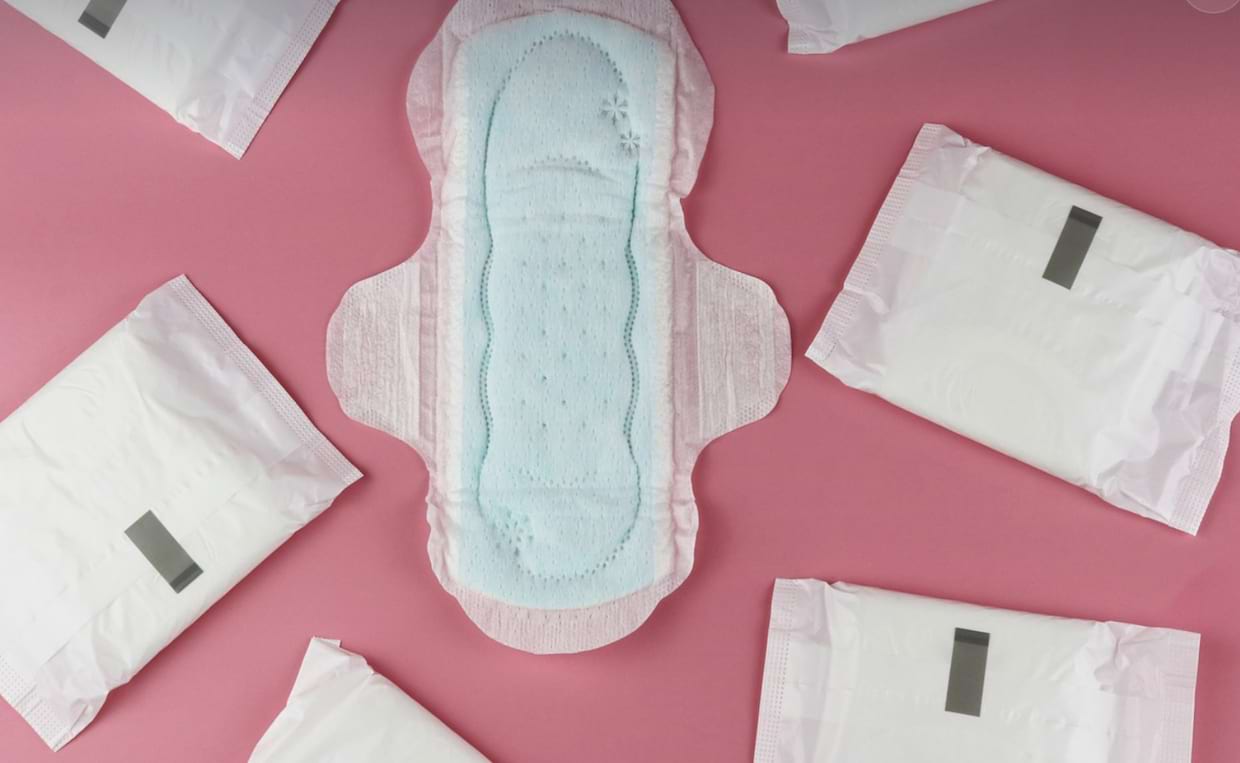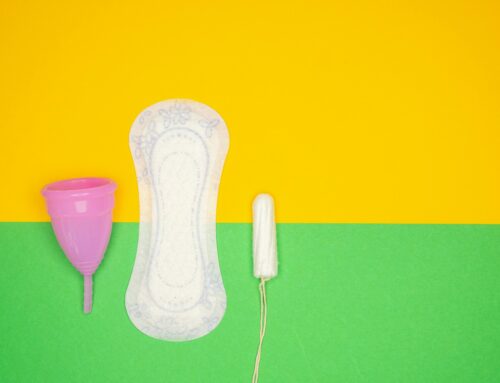Period poverty significantly impacts access to education and employment, highlighting critical human rights and gender equity issue. It is characterized by limited, and sometimes impossible, access to menstrual hygiene products such as tampons or pads due to financial constraints or social stigma. Continuously addressing the impact of period poverty is imperative to tackle this issue that affects both educational and professional spheres.
Global Dimensions of Period Poverty
The reasons behind period poverty are diverse, ranging from poverty itself to social stigma and lack of information. According to an NGO report, over 500 million women and girls lack access to adequate menstrual hygiene protection. This leads to disruptions in education, knowledge gaps, and a decrease in self-confidence. Absences due to menstruation can also contribute to early school dropout rates, reducing future job opportunities and directly impacting personal and professional development.
Impact on Education
Access to education is a fundamental right, yet period poverty can seriously jeopardize this right, especially for young girls. Many adolescents miss school during their periods due to lack of adequate hygiene products or stigma. Additionally, period poverty can create an environment of insecurity and shame at school, affecting their self-esteem and psychological well-being. Limited access to education not only affects individual opportunities but also has a broader impact on societal development.
Impact on Employment
Period poverty not only affects access to education but also impacts women’s employment. Many women working in precarious conditions or living in poverty struggle to afford hygiene products, leading to work absences. Furthermore, some women may hesitate to accept jobs lacking adequate sanitary facilities, limiting their professional opportunities. Period poverty can also lead to health issues such as infections and mental health problems related to stress and shame.
Addressing Period Poverty
Addressing period poverty is essential to ensure access to education and employment for women and girls. Several measures must be taken to address this issue:
1. Awareness: It is crucial to raise awareness about the challenges of period poverty, break taboos, and combat stigma.
2. Access to affordable products: Governments and organizations must work together to make menstrual hygiene products accessible to all.
3. Adequate sanitary facilities: Schools and workplaces should have clean bathrooms with proper facilities.
4. Menstrual and sexual education: It is essential to include menstrual education in school curricula and provide information to empower individuals.
By taking these steps, we can work towards eliminating period poverty and promoting gender equality in education and employment.






